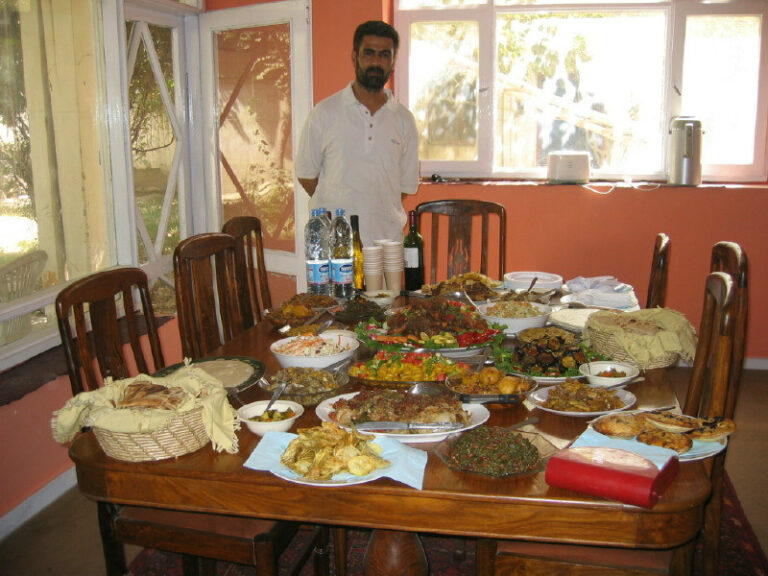Published on August 3, 2023

For several months, Priyasha Maharjan traveled with a translator to the homes of Seattle Afghan community members. She’d remove her shoes, greet the women who welcomed her into their homes, and then watch them cook dinner.
Maharjan ate with families, asked them about their recipes, and listened as they told stories about their search for traditional Afghan ingredients in the Pacific Northwest. She worked with fellow student Norma Garfias Avila and a translator to create a resource with their findings for local health providers in Seattle to help them understand the cultural dietary practices of their Afghan patients.
Understanding food accessibility, affordability, diet and cultural practices is important for supporting the health of communities. In Seattle and King County, food insecurity is increasing, as indicated by the number of people qualifying for federal food emergency assistance programs. In South King County and South Seattle, residents are twice as likely to experience food insecurity. Lack of access to affordable, healthy foods is one of the many contributing factors to heart disease, diabetes and obesity in the United States.
That’s why several master’s of public health (MPH) students at the University of Washington School of Public Health have been working with Seattle-based organizations through their practicums to address the nutritional needs of people in the community, especially refugees, people of color, and people living in South King County. Through this collaboration, they’ve been learning ways to improve access to healthy food.
“Food is a basic human right and I think everyone deserves to have access to food,” said Felicidad Smith, a recent graduate of the Health Systems and Population Health MPH program. “Something like that shouldn’t be politicized or stigmatized.”
Continue reading at School of Public Health.
Original story by Kate Stringer for School of Public Health.